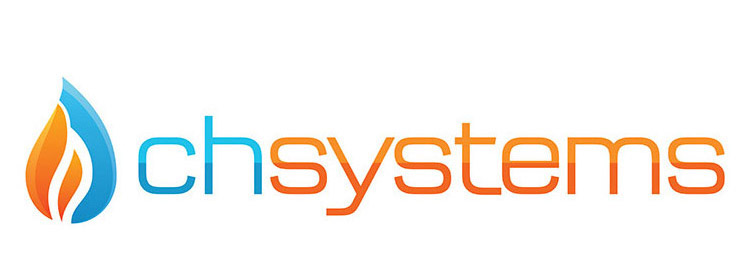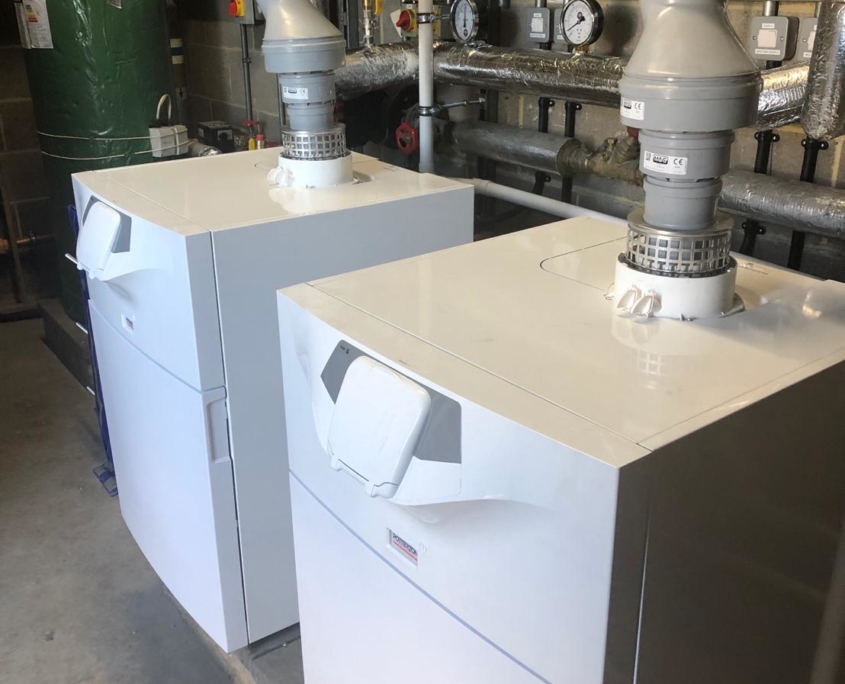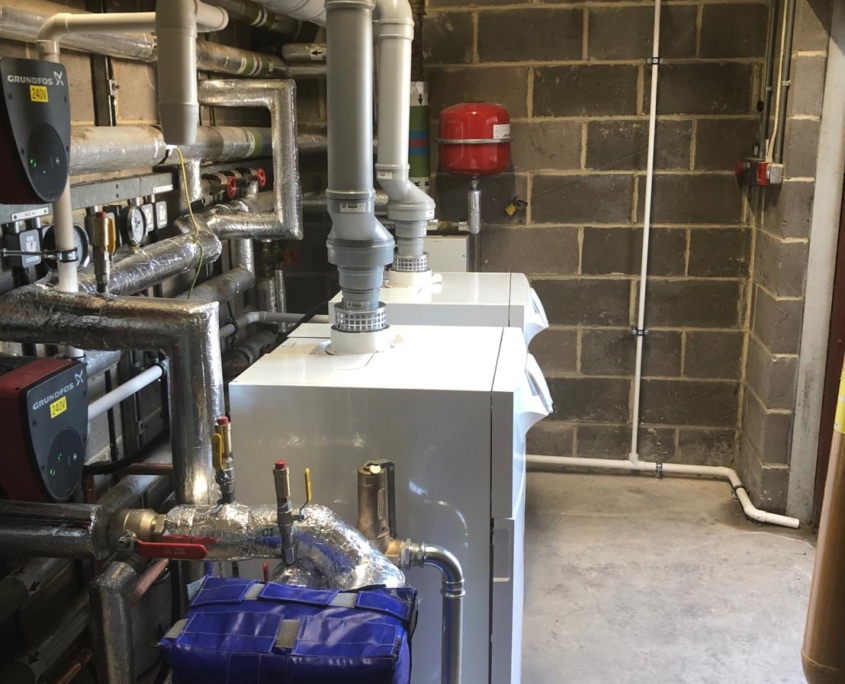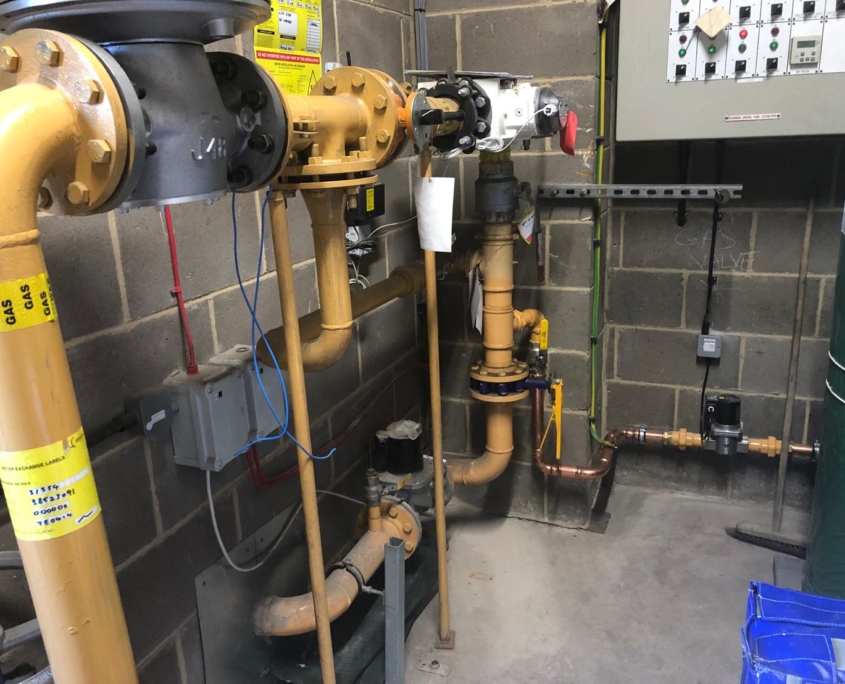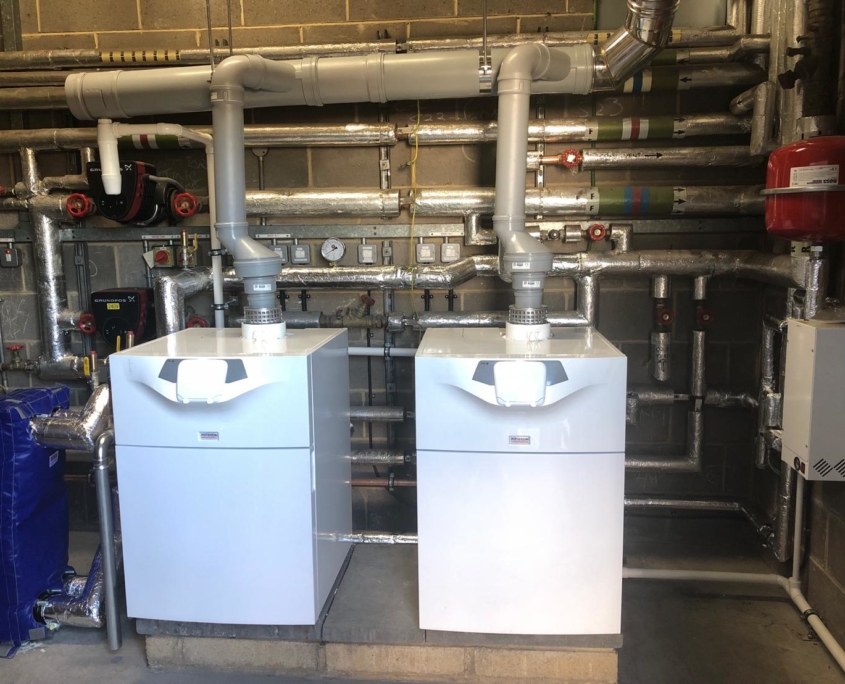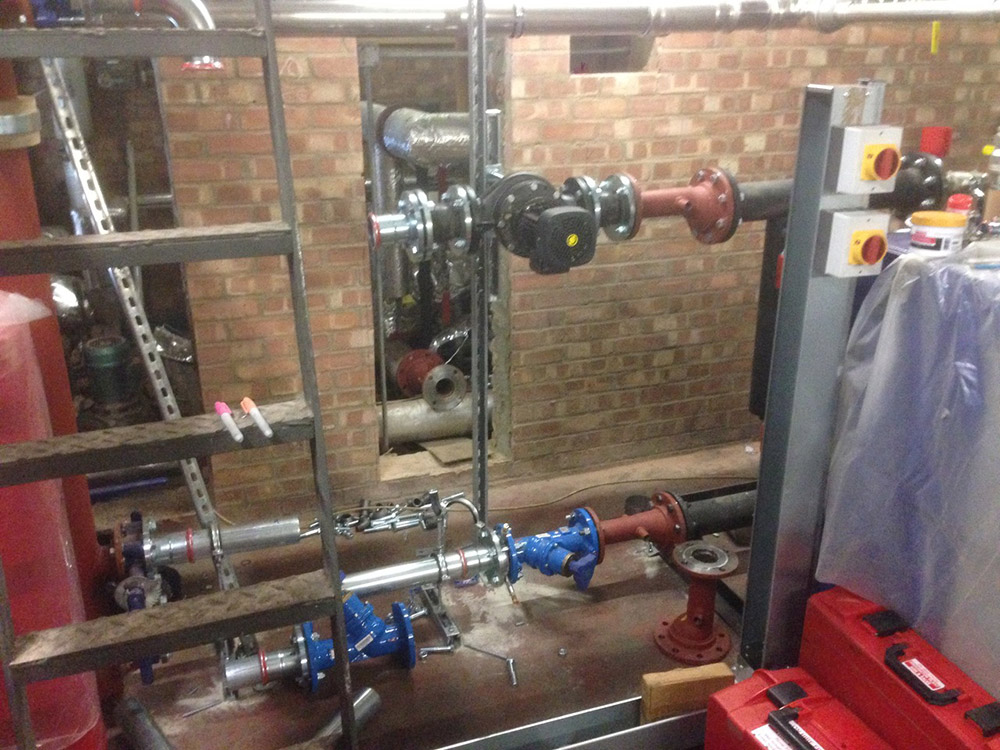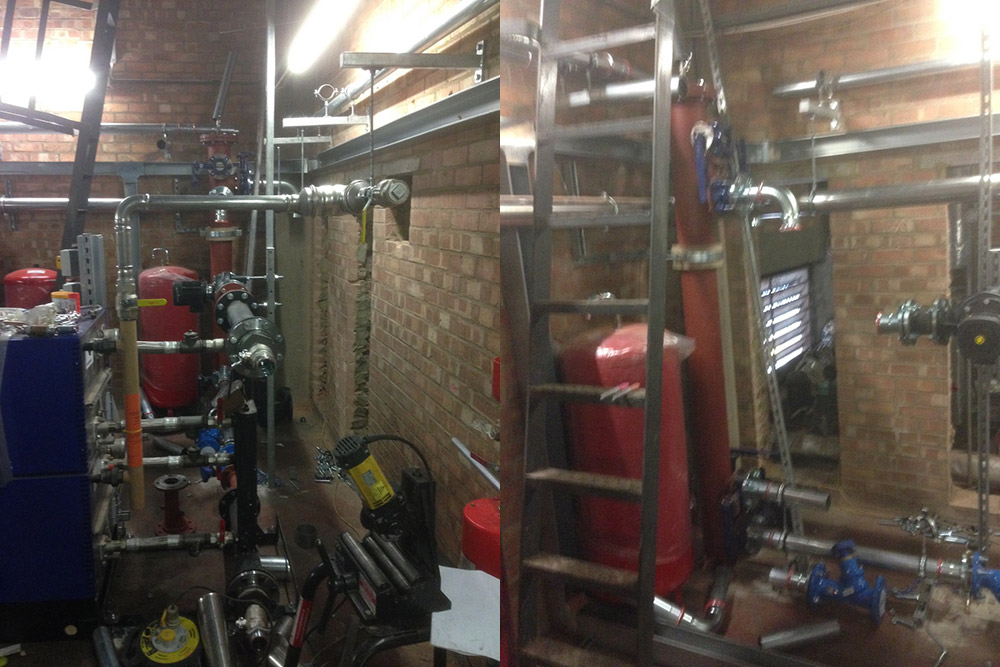Where are boilers more likely to break down?
New research suggests a link between hard water areas and the frequency of boilers breaking down. After a thorough examination of properties across Great Britain, 2020’s UK Boiler Breakdown Study ranks areas from best to worst when it comes to boiler reliability:
- Scotland (1.79%)
- Yorkshire and the Humber (1.97%)
- North West (1.92%)
- South West (1.97%)
- Wales (2.05%)
- South East (2.11%)
- East (2.17%)
- East Midlands (2.21%)
- North East (2.42%)
- West Midlands (2.75%)
- London (2.91%)
Interestingly, boilers in Scotland are the most resilient against breakdowns, in spite of the fact that average temperatures across Scotland are decidedly lower when compared than the rest of the UK mainland. In 2019, the average temperature north of the border was just 7.9 °C, compared to England (10.4 °C) and Wales (9.7 °C), suggesting that: either Scottish boilers are more resilient to the colder conditions or residents are more reluctant to turn them on when it gets cold.
London properties are shown to have experienced the largest number of boiler-related problems over the course of last year. In general, Northern regions fared better than the rest of the UK when it came to reliability.
Just behind Scotland in the rankings are North West (1.92%) and Yorkshire and the Humber (1.97%) – also the areas with the softest water in the country.
There is also a link between home ownership and the percentage of boilers breaking down, according to the study, with areas dominated by rental properties (such as London, the North East and the West Midlands) experiencing more frequent breakdowns. This is likely due to tenants not keeping a close eye on the condition of their boiler or not living in a property for a long enough time to notice any changes.
David Holmes, the founder of Boiler Guide, says: “…when looking at areas towards the other end of the scale, London is synonymous with having an abundance of ‘older’ residential and commercial properties, with many containing older heating systems that are in dire need of repair. Coupled with the higher occupancy rates and the dense population of the region, the strain put on boilers and other home heating systems is hard to ignore.”
It’s imperative that boilers are serviced at least once a year by a Gas Safe engineer so that irregularities can be picked up and fixed before any major breakdown occurs. Whether you’re a home owner or managing a commercial property; maintaining your boiler will ensure that it works efficiently, effectively and safely.
For all your energy related questions, feel free to contact the CH Systems team on 0208 302 8149 or info@chsystems.cc.
Source: Pham News
